Publications

In Africa, as in other regions, persons with disabilities are disproportionately likely to live in poverty and, too often, lack access to education, health care, employment opportunities, housing, social protection systems, justice, cultural expression and participation in political life. The ability of persons with disabilities to participate in society is often frustrated because physical environments, transportation and information and communications systems are not accessible.
In this context, a Toolkit on Disability for Africa has been developed by the United Nations Department of Economic and Social Affairs (UNDESA), Division for Social Policy and Development (DSPD). It is…
The first edition of the report of the Inter-agency Task Force on Financing for Development maps out the commitments and action items contained in the Addis Ababa Action Agenda and lays out how the Task Force will monitor their implementation in future years.
The Task Force has carefully gone through the full range of these commitments and action items to create a framework for monitoring. It compiled them into nine chapters — on cross-cutting issues, the seven action areas of the Addis Agenda, and on data. In each chapter, commitments and actions are organized by thematic clusters, for which the Task Force presents options for monitoring.
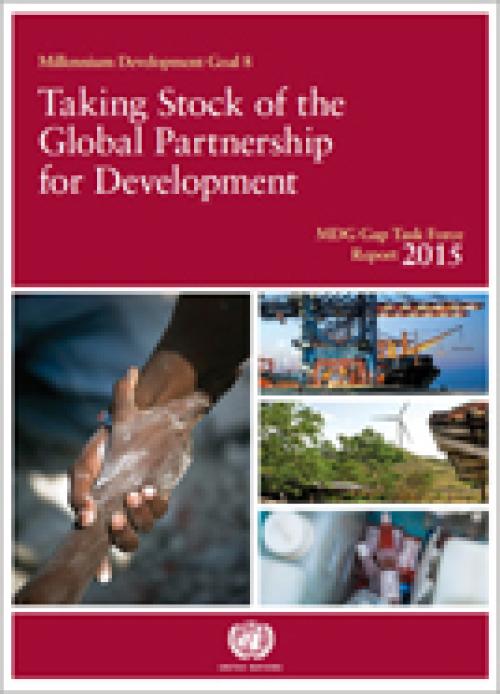
The Millennium Development Goals (MDGs) achieved significant progress over the past 15 years, but persistent gaps in official development assistance and an insufficient access to markets, affordable medicines and new technologies have highlighted the need for a rejuvenation of the global partnership for development, according to a new report launched today by United Nations Secretary-General Ban Ki-moon.
The “Taking Stock of the Global Partnership for Development” report of the United Nations MDG Gap Task Force monitors the recent achievements and challenges in the implementation of the Millennium Development Goal 8, while looking ahead towards the new…
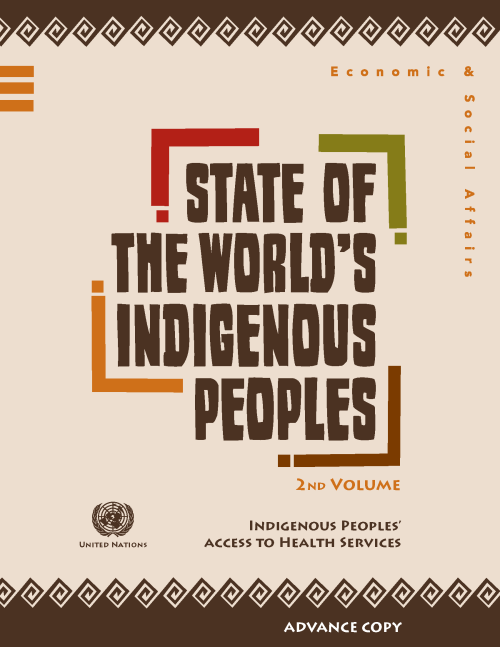
This publication sets out to examine the major challenges for indigenous peoples to obtain adequate access to and utilization of quality health care services. It provides an important background to many of the health issues that indigenous peoples are currently facing. Improving indigenous peoples’ health remains a critical challenge for indigenous peoples, States and the United Nations.
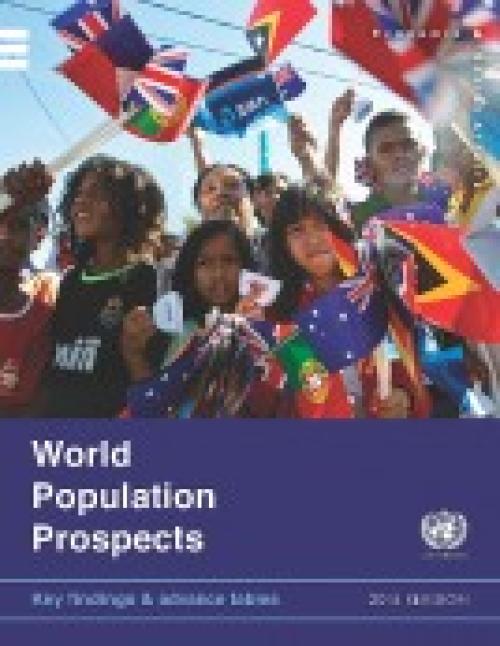
The current world population of 7.3 billion is expected to reach 8.5 billion by 2030, 9.7 billion in 2050 and 11.2 billion in 2100, according to a new UN DESA report, “World Population Prospects: The 2015 Revision”, launched today.
“Understanding the demographic changes that are likely to unfold over the coming years, as well as the challenges and opportunities that they present for achieving sustainable development, is key to the design and implementation of the new development agenda,” said Wu Hongbo, UN Under-Secretary-General for Economic and Social Affairs.
Most of the projected increase in the world’s population can be attributed to a short list of high-…
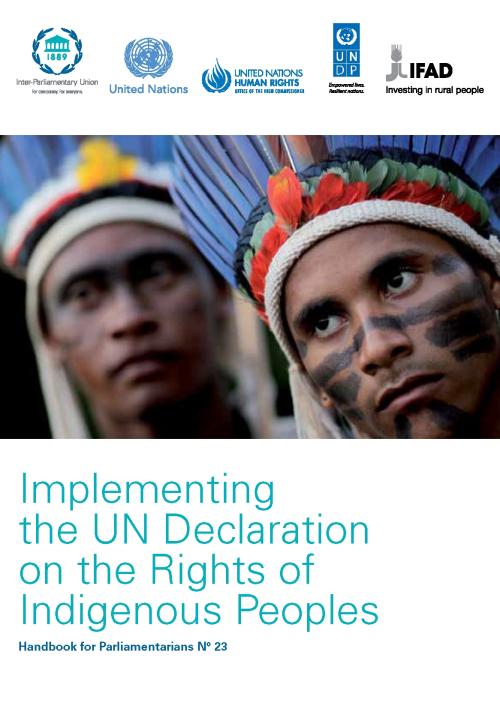
Parliaments play a central role in enacting legislation that recognizes indigenous peoples’ rights and adopting budgetary measures to implement those rights, both of which are critical enablers to drive the implementation of the UN Declaration at the national level. This handbook aims to be a practical instrument to enable parliamentarians around the world to understand indigenous peoples’ rights better and to provide practical ideas for the implementation of the UN Declaration on the Rights of Indigenous Peoples which defines the minimum standards necessary for the survival, dignity and well-being of indigenous peoples of the world.
The handbook presents good practices in…
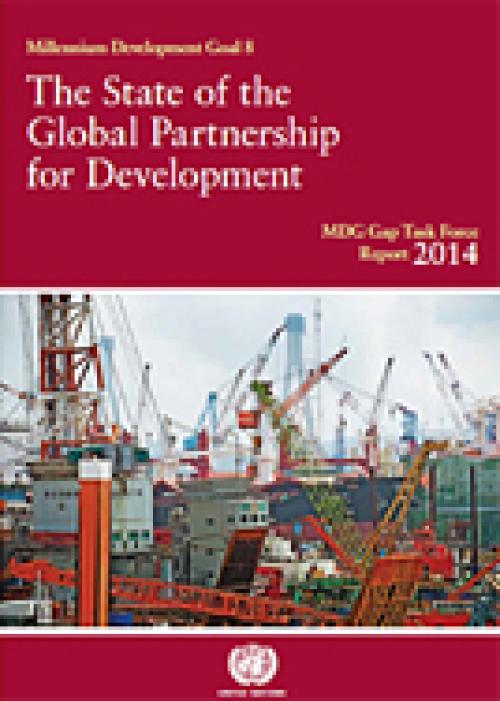
Targets for the Millennium Development Goals related to the global partnership to improve people’s lives and end poverty show mixed results on providing the poorest developing countries with greater access to aid, trade, debt relief, essential medicines and technologies, according to a new report launched today by United Nations Secretary-General Ban Ki-moon.
The lives of millions of people worldwide have improved due to concerted efforts – at the global, regional, national and local levels – to achieve the eight Millennium Development Goals (MDGs). Recent statistics show that with many MDG targets already met – including reducing poverty, increasing access to clean drinking…
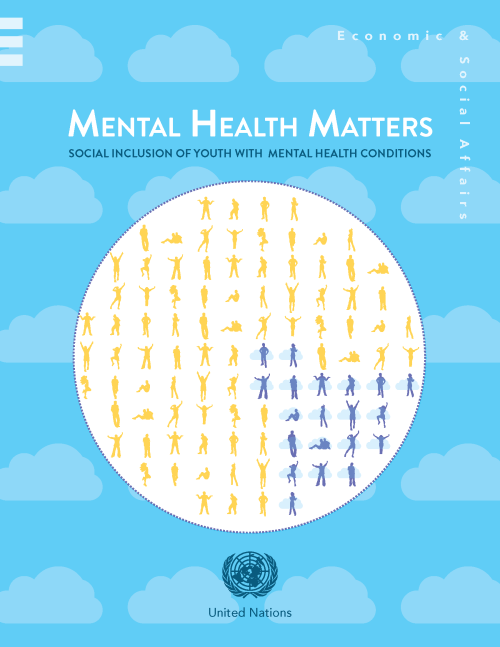
In General Assembly resolution A/RES/50/81 the World Programme of Action for Youth, Member States were called upon to address health issues of young people. In this context, the Department of Economic and Social Affairs has prepared a publication on the emerging issue of the Social Inclusion of Youth with Mental Health Conditions.
The publication raises awareness on the situation of youth with mental health conditions among relevant stakeholders and aims to start a global conversation regarding strategies for addressing the specific challenges faced by young people with mental health conditions. It underscores the critical need to move beyond treatment-oriented mental health…
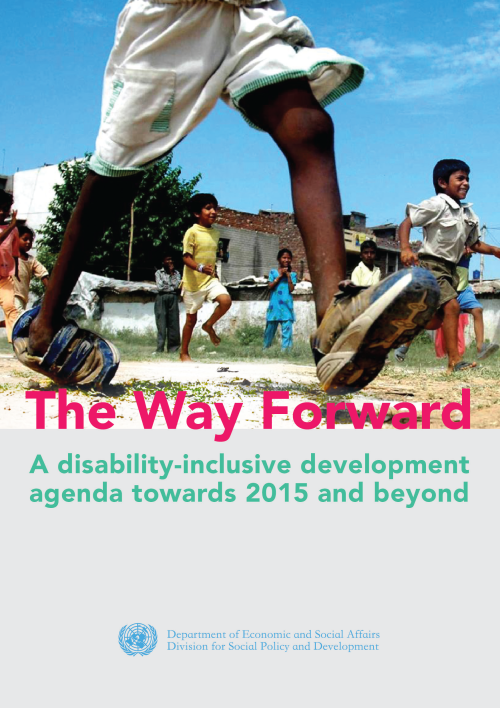
On 23 September 2013, the General Assembly convened the first ever High Level Meeting on “the Realization of the MDGs and other internationally agreed development goals for persons with disabilities.” During the opening segment, Member States unanimously adopted the Outcome Document, which is reproduced in this brochure.
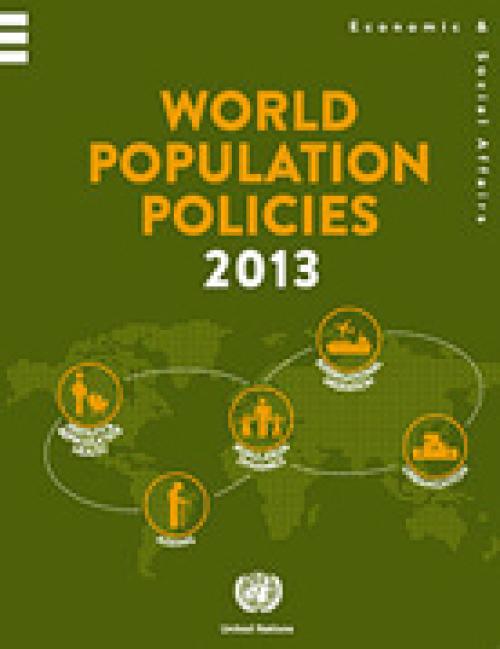
World Population Policies 2013 report is part of a series that provides comprehensive and up-to-date available information on the population policy situations and trends for all 193 Member States, two Observer States and two non-member States of the United Nations. The publication documents changes in Government views and policies from 1976 to 2013 with respect to population size and growth, age structure, fertility, reproductive health and family planning, health and mortality, spatial distribution and internal migration, and international migration within the context of demographic, social and economic change.
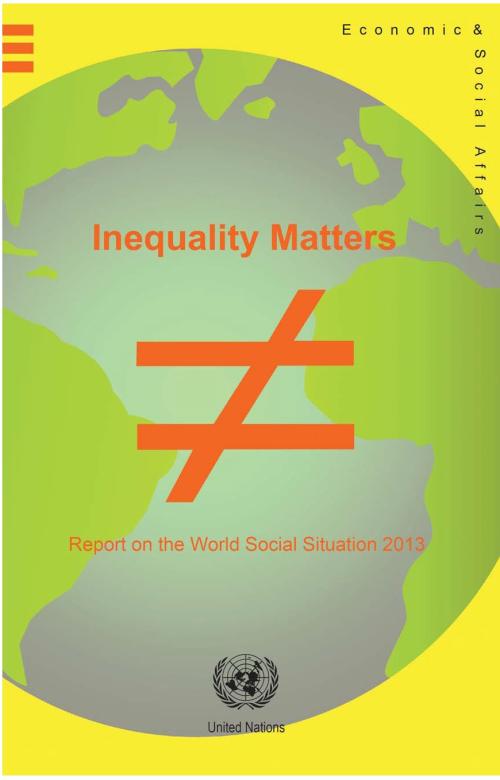
The 2013 Report on World Social Situation: Inequality Matters brings attention to inequality, with a particular focus on policies and the disadvantaged social groups. Tracing the recent trends and the consequences of inequality, the Report shows that inequality matters not only for people living in poverty, but also for the overall wellbeing of society at large.
The Report further demonstrates that growing inequality is neither destiny nor a necessary price to pay for economic growth. It explains the consequences of high inequality and further examines the experience of some countries that have defied the general trend and have managed to reduce inequality, showing that…
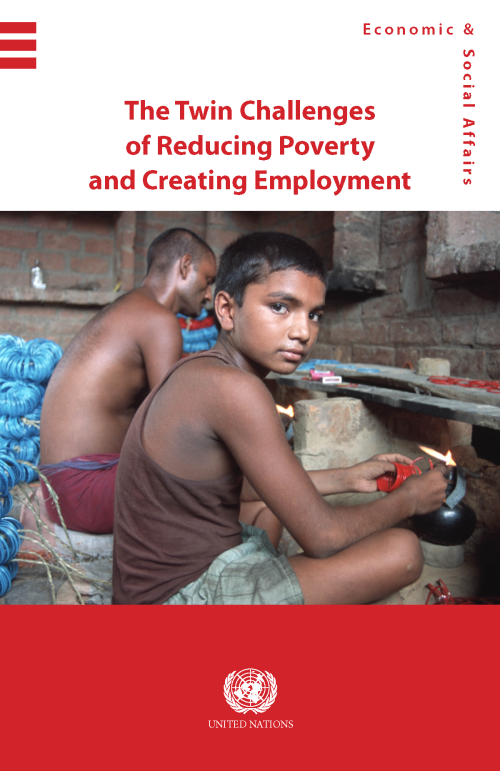
This E-publication is based on papers presented at two Expert Group Meetings (jointly organized by DSPD and the ILO) that brought together specialists to undertake a review of progress in eradicating poverty and to analyse policy responses to the global jobs crisis in different countries and regions of the world. It calls for a reorientation of macroeconomic policies from the current heavy emphasis on short-term stability to the promotion of sustained, inclusive and equitable growth. It stresses the need for the integration of social and economic policies to enable the attainment of people-centred development outcomes.
 Welcome to the United Nations
Welcome to the United Nations